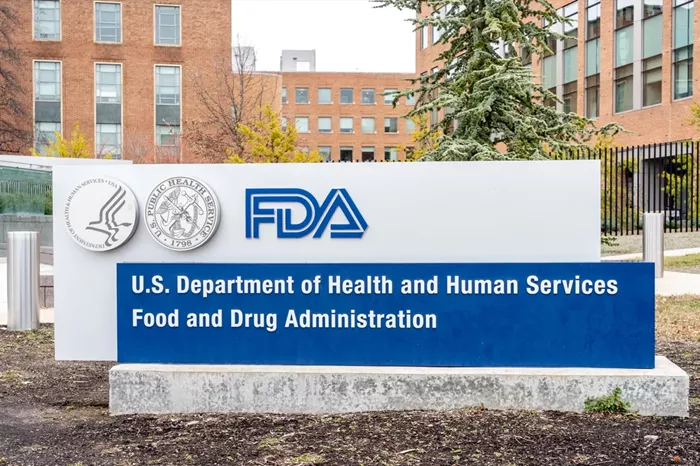TYLER, Texas (KLTV) – Millions of people who rely on compounded drugs for weight loss now face an uncertain future.
The Food and Drug Administration (FDA) recently declared that there is no longer a shortage of drugs like Ozempic and Wegovy. As a result, the agency set deadlines for stopping the use of compounded prescriptions that contain the same active ingredients, such as semaglutide.
For many patients, these compounded drugs are significantly cheaper than the branded versions.
“This is a major issue for us independent pharmacies,” said Sonny Krezdorn, a pharmacist and owner of Rose City Pharmacy in Tyler. “We want patients to have access to these medications.”
The FDA’s decision to remove certain compounded GLP-1 ingredients from its drug shortage list is the latest development. These ingredients are found in:
Ozempic
Wegovy
Mounjaro
Zepbound
These drugs have been in short supply since 2020, and the FDA has now set deadlines for compounded versions to be discontinued.
Krezdorn explained, “When a drug is in shortage, a direct copy can be compounded. Usually, you can’t make an exact copy of a commercially available drug, but that rule changes during shortages.”
It is unclear how the FDA will enforce this new rule. For now, both online and compounding pharmacies continue to fill prescriptions.
Krezdorn believes the price difference between the commercial and compounded versions will have a significant impact on many people. For example, an Ozempic pen, which lasts a month and contains four doses, costs about $1,400 if insurance doesn’t cover it.
In contrast, the compounded version costs between $100 and $200 per month, or about $300 for a three-month supply.
“This is a huge savings,” Krezdorn said. “It has made the medication accessible to many more patients.”
Under federal law, compounding is allowed during a drug shortage or when a patient’s needs aren’t met by the commercial version. It is not allowed solely for price reasons.
“These FDA rulings don’t change the law,” Krezdorn added. “They just make the compounding of these medications the same as all other medications because they’re no longer in shortage.”
The makers of the brand-name drugs, Novo Nordisk and Eli Lilly, have taken legal action, sending cease-and-desist letters and filing lawsuits against compounding pharmacies. These companies argue that compounding harms their sales and have raised concerns about the safety and quality of compounded versions.

